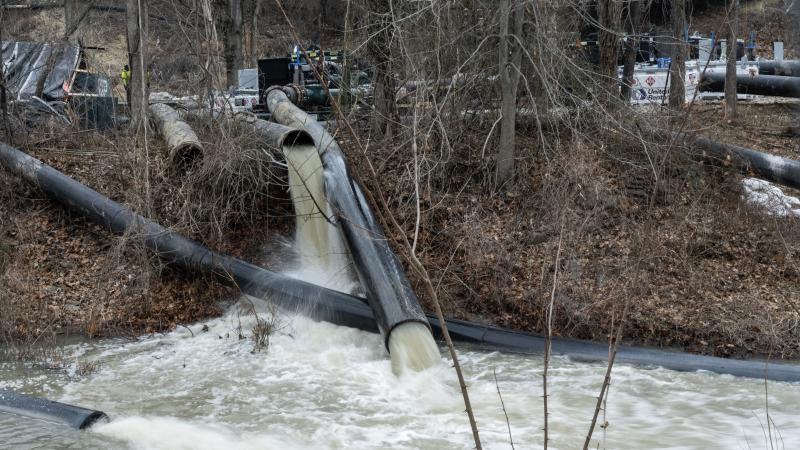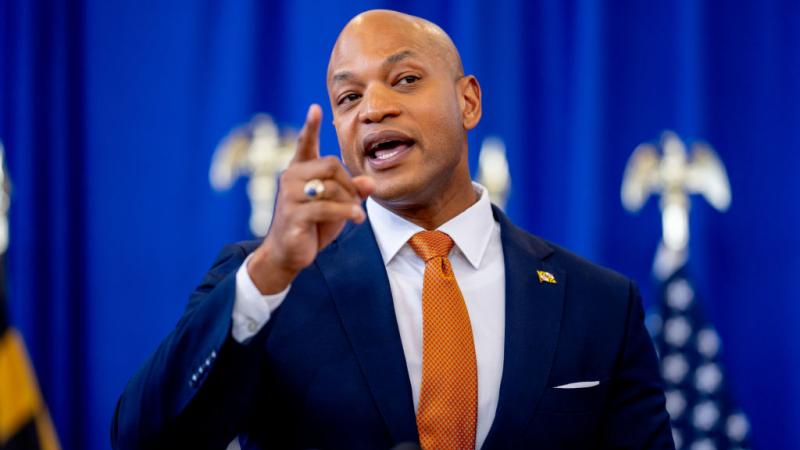DOJ suspends DEA searches at airports over civil rights concerns
Horowitz said the DEA wasn't following its own policies on those searches, which often included seizing cash.
(The Center Square) -
The U.S. Department of Justice told the Drug Enforcement Administration to suspend consensual searches at airports and other mass transit facilities after hearing about potential civil rights violations.
Department of Justice Inspector General Michael Horowitz announced the suspension after hearing concerns about in the DEA's transportation interdiction efforts, which include conducting consensual searches. During such searches, the DEA Task Force Groups approach people at airports, ask for consent to speak with the person and, if the Special Agents or Task Force Officers think it warranted, ask for consent to search the individual's belongings.
The practice has raised civil rights concerns after video of one search went public.
Horowitz said the DEA wasn't following its own policies on those searches, which often included seizing cash. Such seizures put the onus on the traveler to prove the money wasn't from drug trafficking to get it back.
Horowitz said the DEA wasn't complying with its own policy to document each consensual encounter despite the agency having promised to do so in 2015. The Office of Inspector General's office also said the DEA had suspended its transportation interdiction training in 2023. Such training is required by DEA policy and has not restarted, according to the memo.
The alert came after a search earlier this year involving a traveler who was approached for a consensual encounter by a DEA Task Force Officer while boarding a flight.
After the traveler declined to provide consent for a search, the DEA Task Force Officer detained the traveler's carry-on bag. Then a drug detection dog alerted to the bag. The passenger eventually signed a consent form. No cash, drugs or other contraband was found. By that time, the traveler had missed the original flight. The traveler documented the incident and later made an edited version public.
Horowitz's office also learned that the DEA Task Force Group selected the passenger based on information from a confidential DEA source, who was an employee of a commercial airline. The employee tipped off the DEA about travelers who had bought tickets within 48 hours of travel.
"The OIG learned that the DEA had been paying this employee a percentage of forfeited cash seized by the DEA office from passengers at the local airport when the seizure resulted from information the employee had provided to the DEA," according to the memo. "The employee had received tens of thousands of dollars from the DEA over the past several years."
The OIG concluded that continuing such searches could "imperil the Department’s asset forfeiture and seizure activities."
"Absence of critical controls, such as adequate policies, guidance, training, and data collection, the DEA is creating substantial risks that DEA Special Agents and Task Force Officers will conduct these activities improperly; impose unwarranted burdens on, and violate the legal rights of, innocent travelers; imperil the Department's asset forfeiture and seizure activities; and waste law enforcement resources on ineffective interdiction actions."
The Deputy Attorney General issued the directive to the DEA suspending all consensual encounters at mass transportation facilities "unless they are either connected to an ongoing, predicated investigation involving one or more identified targets or criminal networks or approved by the DEA Administrator based on exigent circumstances."














